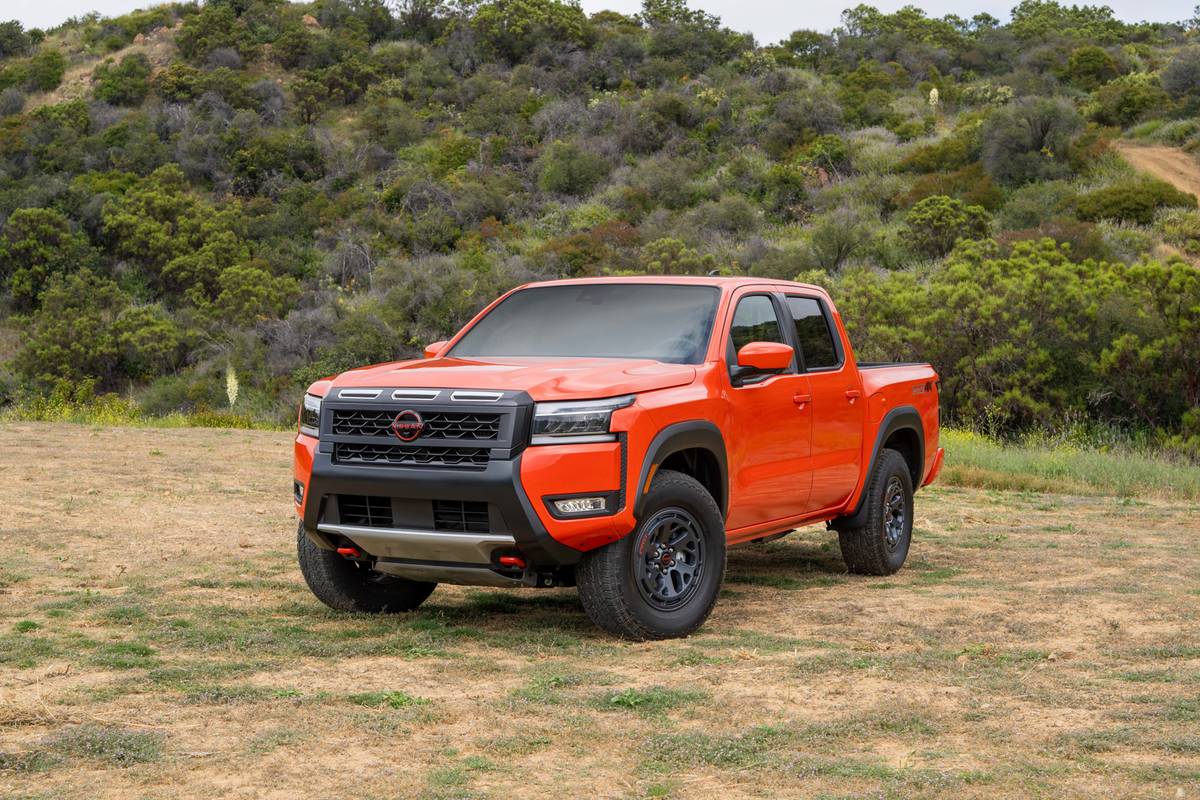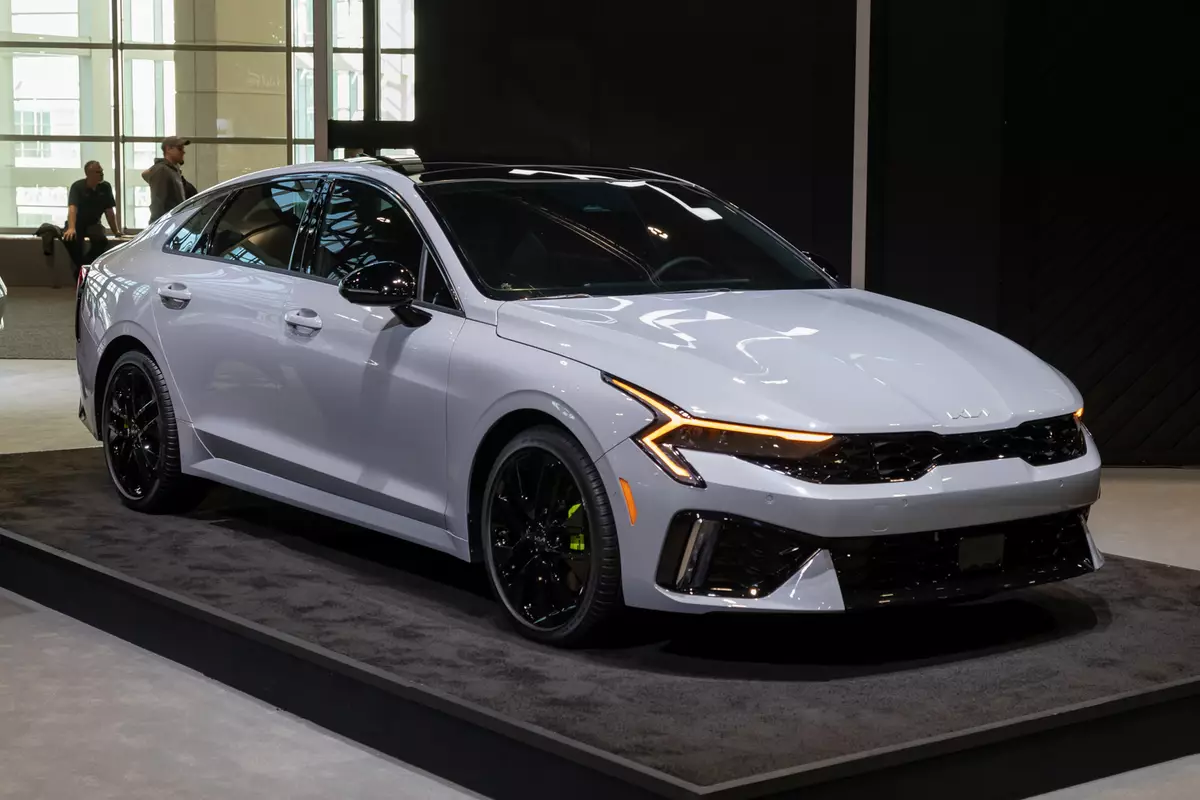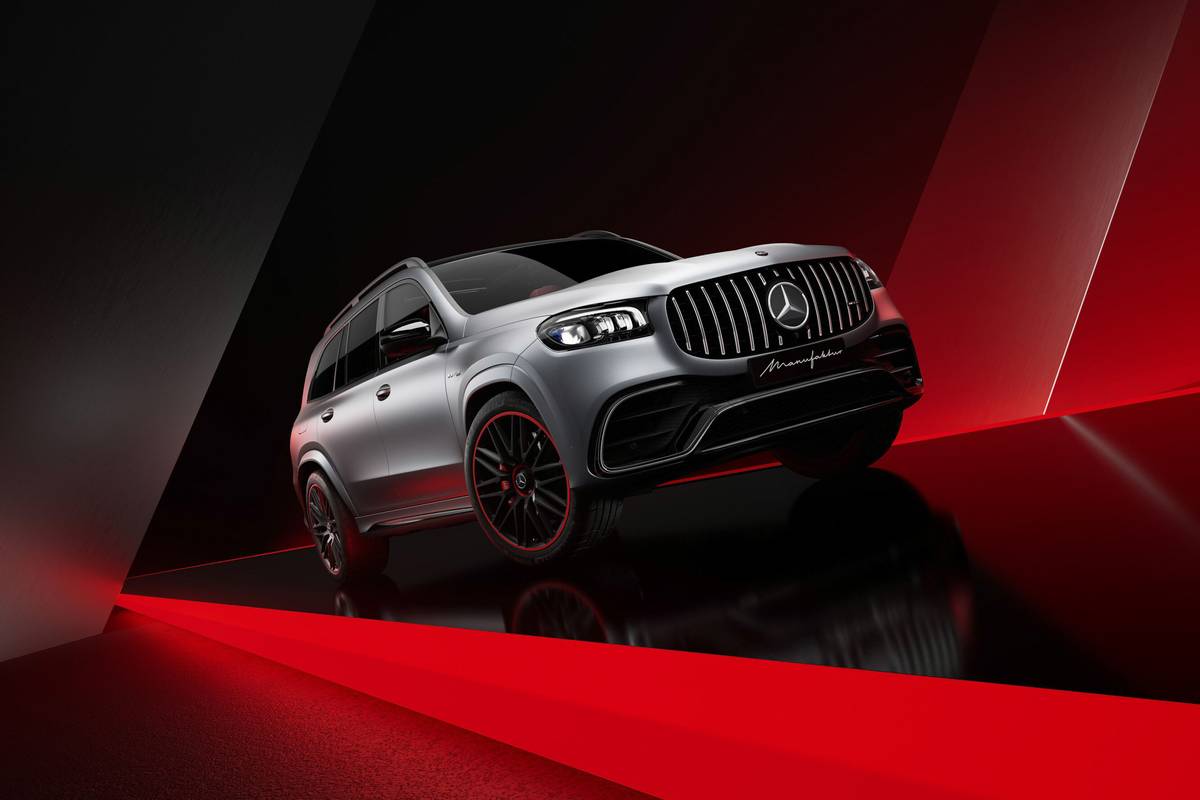chicagotribune.com's view
The word brings to mind a vision of Charlton Heston on the silver screen, decked out in metal breastplate, metal helmet with long red plume and spear in hand, uttering, “Hail, Caesar.”
Leave it to South Korea’s Hyundai to come up with a name for a sports coupe that sounds like a Roman warrior.
Ah, well, they could have called it Edsel.
It’s difficult to remember a name that’s hard to pronounce (like the San Francisco suburb, it’s TIB-er-on). But after spending a week in the car, it’s more difficult to accept the fact we found a Hyundai we liked.
Hyundai, billed as the company that built alternatives to used cars when it entered the U.S. market in 1986, made a huge splash initially with its Excel, which sold for less than $6,000 new. In less than seven months, Excel sales topped 100,000 units. In its first full-year sales topped 168,000 units.
Excel was the darling of the industry until it reached its third birthday and owners found the toddler falling apart from old age.
Hyundai has since replaced Excel with Accent and has brought out a number of new (and what Hyundai calls improved) models. But in the back of most folks’ minds, there’s the thought that once burned shouldn’t mean twice fooled. Hyundai, it has been assumed by many, still is not quite at major-league level.
And then comes the sports coupe with the stupid name, and we find ourselves slipping under the car to see whether Hyundai bolted a nice-looking body on a platform from Honda or Chevy.
Tiburon is a nice car–a very nice car, a pleasure to drive, a vehicle more stylish than a Civic, more solid than a Cavalier, more robust than a Saturn, and all at a decent base price.
It’s roomy inside with comfortable, cloth-contoured seats that cushion the body. Then there’s perhaps the best-looking and certainly the best-located controls of any dash, featuring big dials that are easy to see and use in light or dark without having to take your eyes off the road. The rather spirited, though not totally quiet 2-liter, 140-horsepower, 4-cylinder engine performs far more boldly than its tiny displacement normally would allow. And it delivers 21 m.p.g. city/28 highway, so you spend more time on the pavement than at the pump.
We tested the Tiburon FX, the top-of-the-line sports coupe. It attracted a number of onlookers who stopped to rave, only to back off when told it was a Hyundai.
It’s one thing for an automaker to assemble an attractive, pleasant-performing machine.
It’s another to convince the public how good that vehicle is until the automaker can produce a reliable, durable car with minimum time spent in the service bay.
This is the first year on the market for Tiburon. It’s one very nice car that has a chance to help turn the automaker’s fortunes around, but it is no more than a hope and a prayer until it does. Hyundai needs to get better, not just older.
In the test car, for example, the rear-window wiper stopped in the rain. Such an event on a Cavalier, Escort, Corolla, Civic or Saturn is cause for criticism; on a Hyundai it is cause for concern.
One of the sad facts of automotive life is that consumers have a long memory, and no matter how good Hyundai claims to be, it has to put more time and distance between cars such as the 1997 Tiburon and the 1987 Excel.
Hyundai has focused on value for the dollar with Tiburon. The car starts at $13,499 for the base model, $14,899 for the uplevel FX and $15,699 for the FX with 4-speedautomatic, an $800 bump from the machine with 5-speed manual standard.
Dual air bags are standard, but anti-lock brakes are available only in one of two option packages, one running $3,210, the other $3,910. There’s no reason to penalize motorists by $3,210 to $3,910 for the added security of ABS, which could be a stand-alone optionf or $500.
One feature Tiburon doesn’t offer is traction control–again a matter of keeping prices down. But that shouldn’t rule out traction control as an option for those who want it.
>> 1997 Hyundai Tiburon FX
Wheelbase: 97.4 inches Length: 170.9 inches Engine: 2-liter, 140-h.p., 16-valve, 4-cylinder Transmission: 4-speed automatic EPA mileage: 21 m.p.g. city/28 m.p.g. highway Base price: $15,699 Price as tested: $15,699. Add $415 for freight. Pluses: Nice styling. Unexpectedly nice ride and handling. Solid sounding construction. Roomy, comfortable, peppy, great size and location of controls. Dual air bags standard. Minuses: ABS is an option to keep base price down and available in one of two packages that include 15-inch wheels, sunroof, cruise control, air conditioning and AM/FM stereo with CD player for $3,210 or $3,910 with all the same items plus leather seats. Traction control not offered. Has to prove itself in terms of reliability, dependability and durability and not just that it’s a low-price vehicle. Hyundai heritage, based on fiasco with quality of the Excel, is a negative until the above traits are proven to be true. Finally, the name stinks. >>
Latest news



